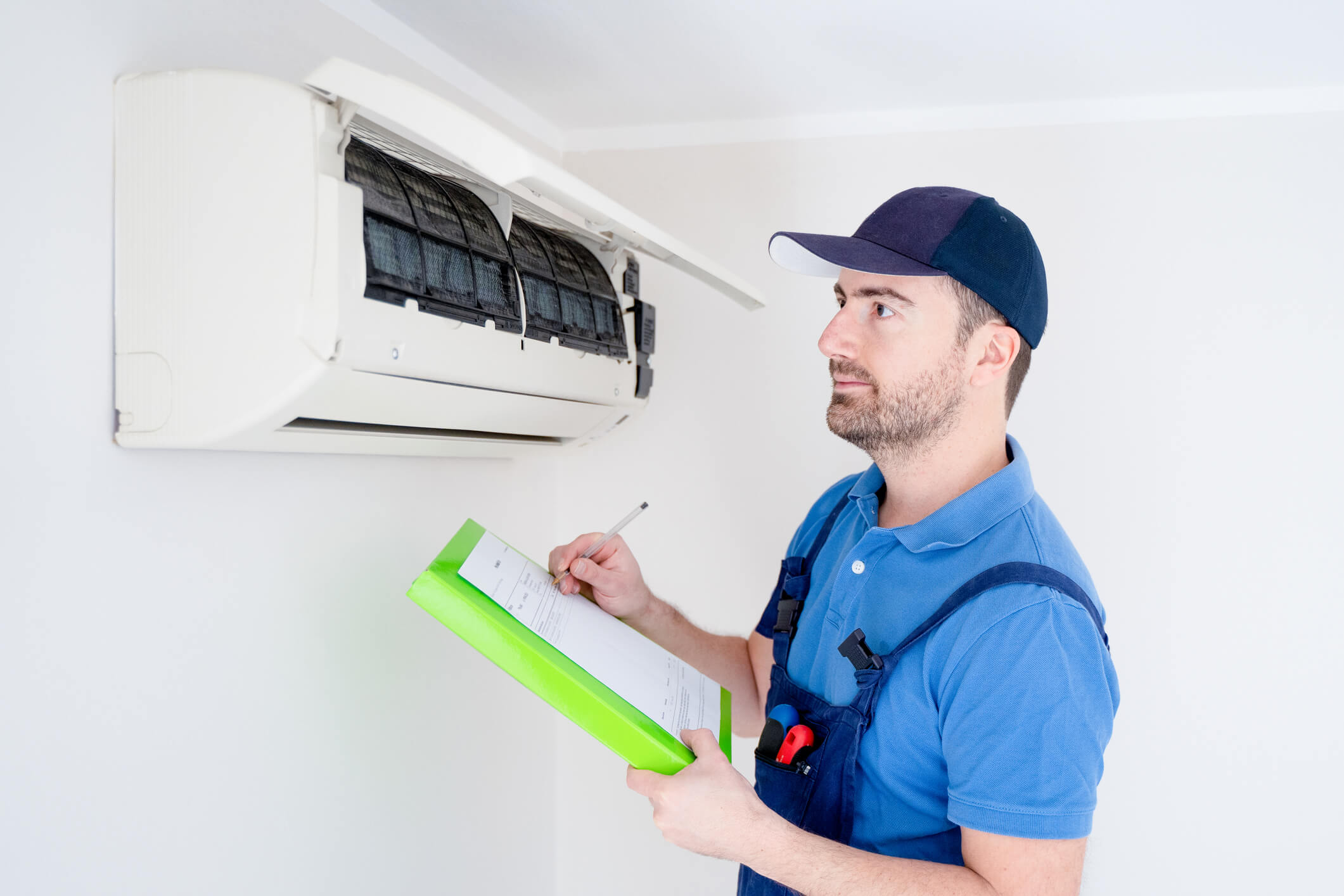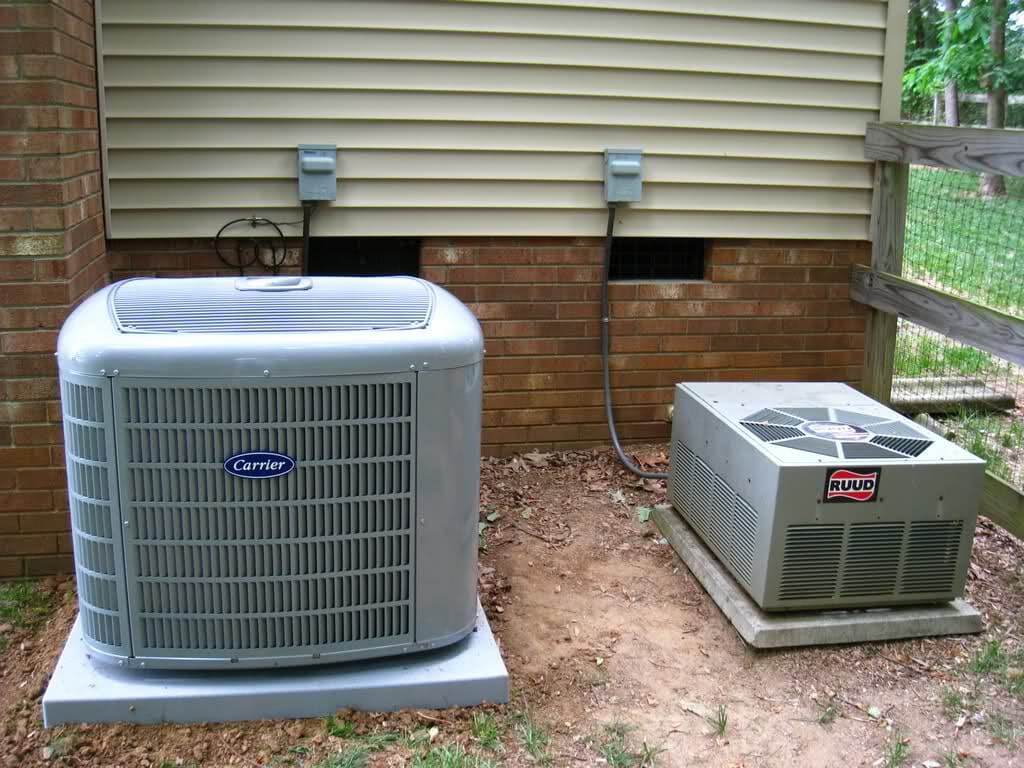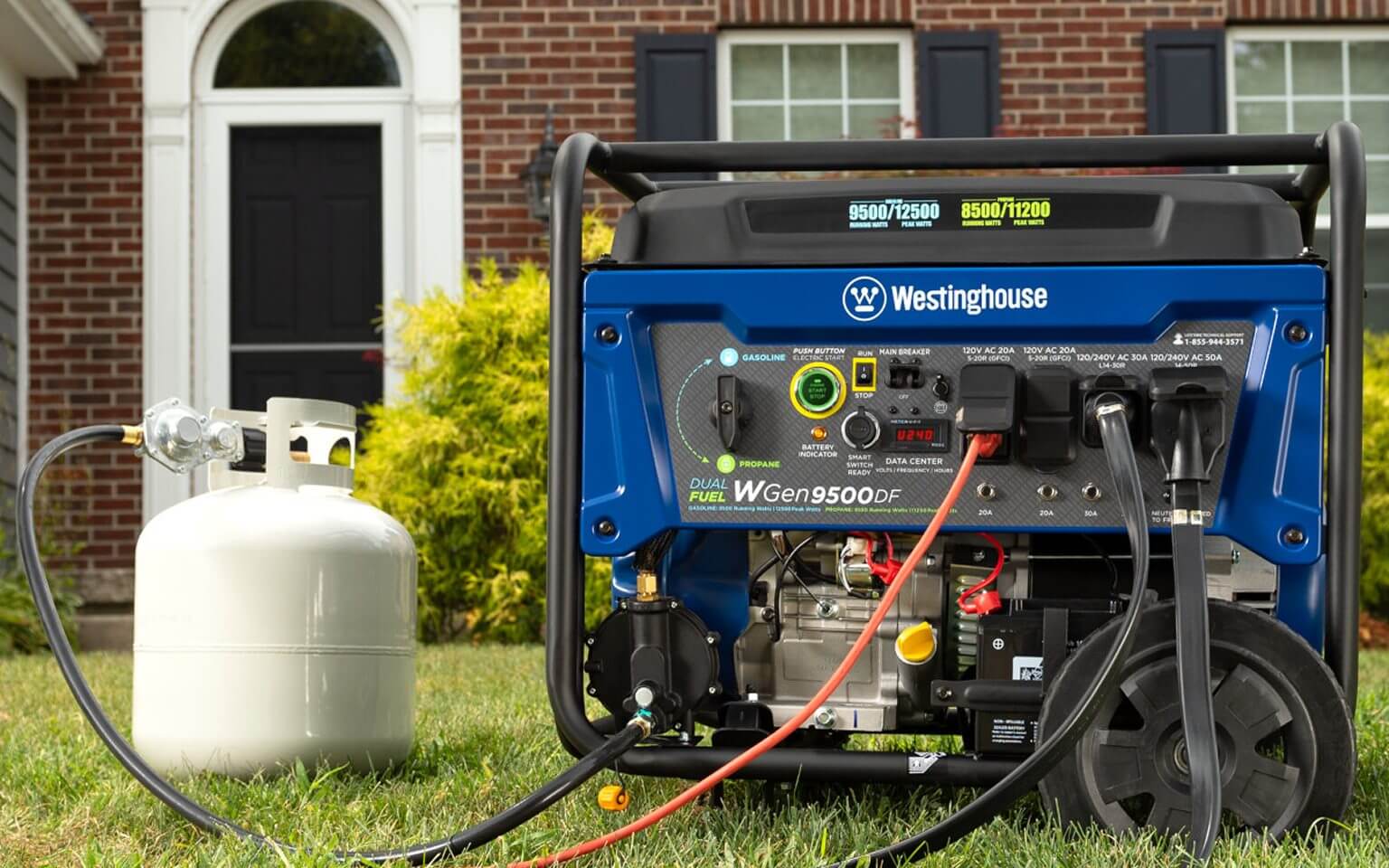Are you doing a solar project?
Modernize can pair you with three to four pros in your area, so you can compare options and save time and money.
Whether you’re thinking of going off grid, or just want to get a sense of your energy use before purchasing a grid-connected solar energy system, learning about the energy consumption of various appliances and features in your home is not a bad idea. Knowing your numbers helps you evaluate your home’s actual energy profile — and figure out if you’ve got an energy vampire on your hands. These costly fuel thieves could be draining kilowatt hour after kilowatt hour off your energy meter, without you ever even knowing it.
And once you purchase a solar energy system, you really become aware of your home’s energy efficiency and usage. After all, you want to get the most out of every watt of power you produce. Here’s what you should expect out of your home’s overall energy profile — and how that breaks down into individual appliances, as well.
Average Home Energy Consumption
In 2015, the average energy consumption for a US home was 10,812 kilowatt hours (kWh), with a monthly average of 901 kWh, according to the US Energy Information Association. However, your actual energy generation may vary, depending on the size of your home, the efficiency of your appliances and lighting, and your insulation and air sealing, among other factors. Additionally, even your location may factor into the equation — in Louisiana, for instance, which has a humid, semi-tropical climate has a much higher average than the rest of the US, coming in at 15,435 kWh. On the other hand, Hawaii, which has some of the highest solar installation numbers in the country, uses a mere 6,166 kWh on average. So your individual numbers may vary. The best thing to do is to calculate your unique solar usage averages using a solar calculator.
Kitchen Energy Use
With a refrigerator, dishwasher, microwave, stove, and oven, your kitchen sees some of the heaviest energy use numbers in a home. Here’s how the various appliances stack up annually:
- Dishwasher: 1200 to 1500 watts
- Microwave: 966 to 1723 watts
- Oven: 2150 watts
- Coffee Maker: 800 to 1400 watts
- Refrigerator: 150 to 400 watts
It may surprise you to learn that refrigerators score so low for energy consumption. Most modern refrigerators use a vapor-compression cycle that helps them conserve energy overall.
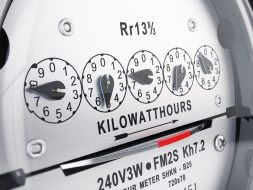
Living Room Energy Use
When you think about small appliances, your living room probably springs right to mind. With a computer propped on your lap, and a TV turned to your newest binge watching obsession, you’re definitely consuming some power in your leisure time. Here’s how much:
- Laptop: 50 to 100 watts (numbers may be affected by whether or not your device is charging)
- Flat screen TV: 60 to 115 watts, depending upon the model and size.
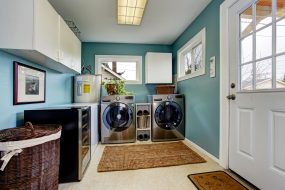
Find the Right Contractor for Your Solar Project
Whether you’re ready to begin your project now or need some expert advice, our network of contractors are here to help. With a few simple questions, we’ll find the best local professionals for you
Laundry Room Energy Consumption
Washers and dryers suck down a lot of energy per year, too. In fact, your clothes dryer is one of the top energy consumers in your home, after your HVAC system and hot water heater. For comparison, here are those usage numbers:
- Washing Machine: 500 watts
- Dryer: 1000 to 4000 watts
Air Conditioning Energy Use
There’s no two ways around it: keeping your home’s interiors at a comfortable temperature gobbles down a lot of energy. In fact, your HVAC system uses the most energy of any other device or appliance in your house. Even independent heating and cooling appliances, like space heaters, suck down a good deal of energy. Here’s how those usage numbers look:
- Central Heating Furnace: 340 watts
- Portable Electric Fan Heater: 2000 to 3000 watts
- Central Air Conditioner: 1000 to 4000 watts
- Window AC Unit: 900 to 1440 watts, depending on the size.
Of course, these numbers differ vastly depending on your climate, how frequently you turn on your heating and cooling, the efficiency and age of your system, and how well you maintain it.
Get an Energy Audit
These numbers are just averages, of course, and not always totally reliable, since your numbers will depend a lot of the size, model, and use of each product. Additionally, most appliances are getting more and more efficient, so statistics can date themselves fast.
The best way to understand where you’re using the most energy — and where you’re doing fine — is by having a home energy audit performed on your property by an energy professional. In fact, if you’re going to be installing solar soon, it’s highly recommended. In fact, some solar companies will send an auditor out as part of the installation process. Or your energy provider may offer this service for free or at a discounted rate. That professional can look over your home for the biggest electricity hogs — not only with your appliances and HVAC, but also places where heating and cooling may be escaping through leaks and inadequate insulation.
However, you can also make some individualized estimates using the Department of Energy’s estimation tool.
Getting to know your energy use and home performance will only help your shot at conserving the maximum electricity possible — and then reaping the rewards on your utility savings!
Find the Right Contractor for Your Solar Project
Whether you’re ready to begin your project now or need some expert advice, our network of contractors are here to help. With a few simple questions, we’ll find the best local professionals for you
Reviews from Real Homeowners
Welcome to Homeowner Resources! We are the Modernize blog. Modernize pairs more than 3 million homeowners a year with pre-vetted contractors in their area. This blog started because we believe homeowners should know everything about their homes, from how their HVAC works to which front door colors they might love. On Homeowner Resources, you can find information on every part of your home, right down to how you can negotiate with contractors to get the best price. Here's more about the blog.
Need a contractor? Learn more about how Modernize finds the right pro for you.

